By Aniekan Aniekan, Calabar
Tax overload has been identified as a key factor that stagnates the economy of Cross River, Akwa Ibom, and Rivers states.
This was identified during a workshop organised by the Civil Society Legislative Advocacy Centre (CISLAC) in collaboration with the Tax Justice & Governance Platform in Akwa Ibom, Cross River, and Rivers states, with support from Oxfam.
The workshop aimed to facilitate levy-free movement of goods between the states and was themed “Unlocking Economic Prosperity in the Niger Delta: Facilitating Trade, Agriculture, and Tax Policies.”
Key findings from the engagement indicate, among other things, that excessive taxation and illegal levies at entry/exit points drive economic stagnation, discouraging business and hindering goods movement.
A communiqué signed by Dr Harry Udoh, William Itorok, Dr Kelechi Amaechi, the Tax Justice and Governance Platform Coordinators for Akwa Ibom, Cross River, and Rivers states respectively, as well as Ayomide Victor Omowu, Programme Manager for CISLAC, highlighted steps to end the practice.
The communiqué “mandated political leaders in the three focal states to prioritise economic growth and work with civil society to ensure it is effectively and sustainably achieved and realised.
“All institutional policy instruments and legal loopholes/bottlenecks that hinder the effective implementation of the ease of doing business programme should be removed through appropriate legislation and the enactment of relevant policies that will ensure its success.
“Political leaders in the focal states should strengthen economic cooperation and promote the ease of doing business in order to foster economic development in the region.
“It also recommended the implementation of harmonised tax policies and that all multiple taxes, illegal levies, and charges are removed to make the process of economic cooperation seamless and effective.”
The workshop marked a milestone in advocacy efforts to foster economic cooperation and ease of doing business in the three states, and a Memorandum of Understanding was developed to promote economic cooperation.



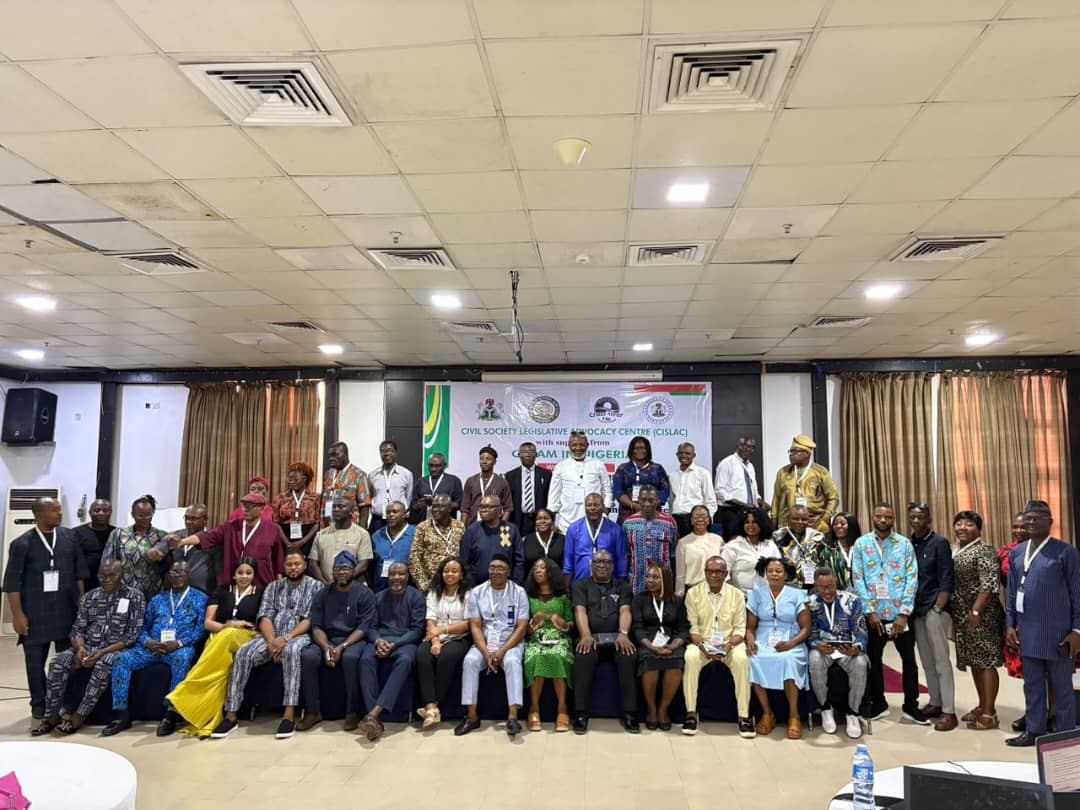

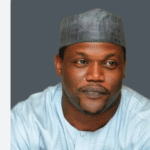
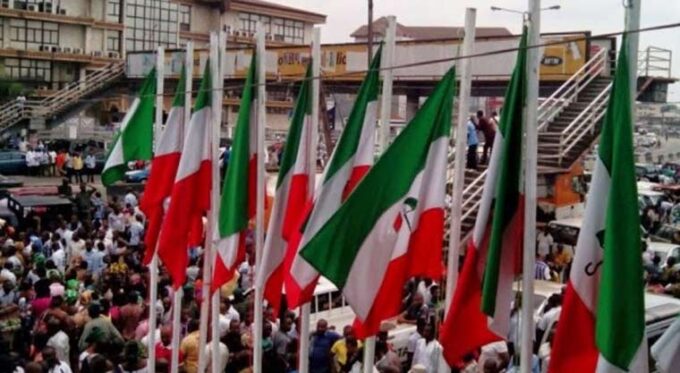
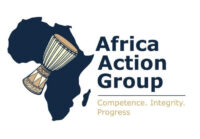
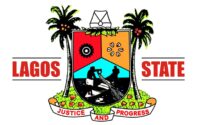


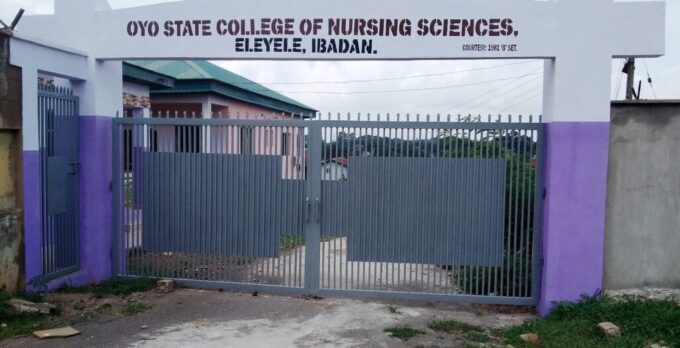





Leave a comment